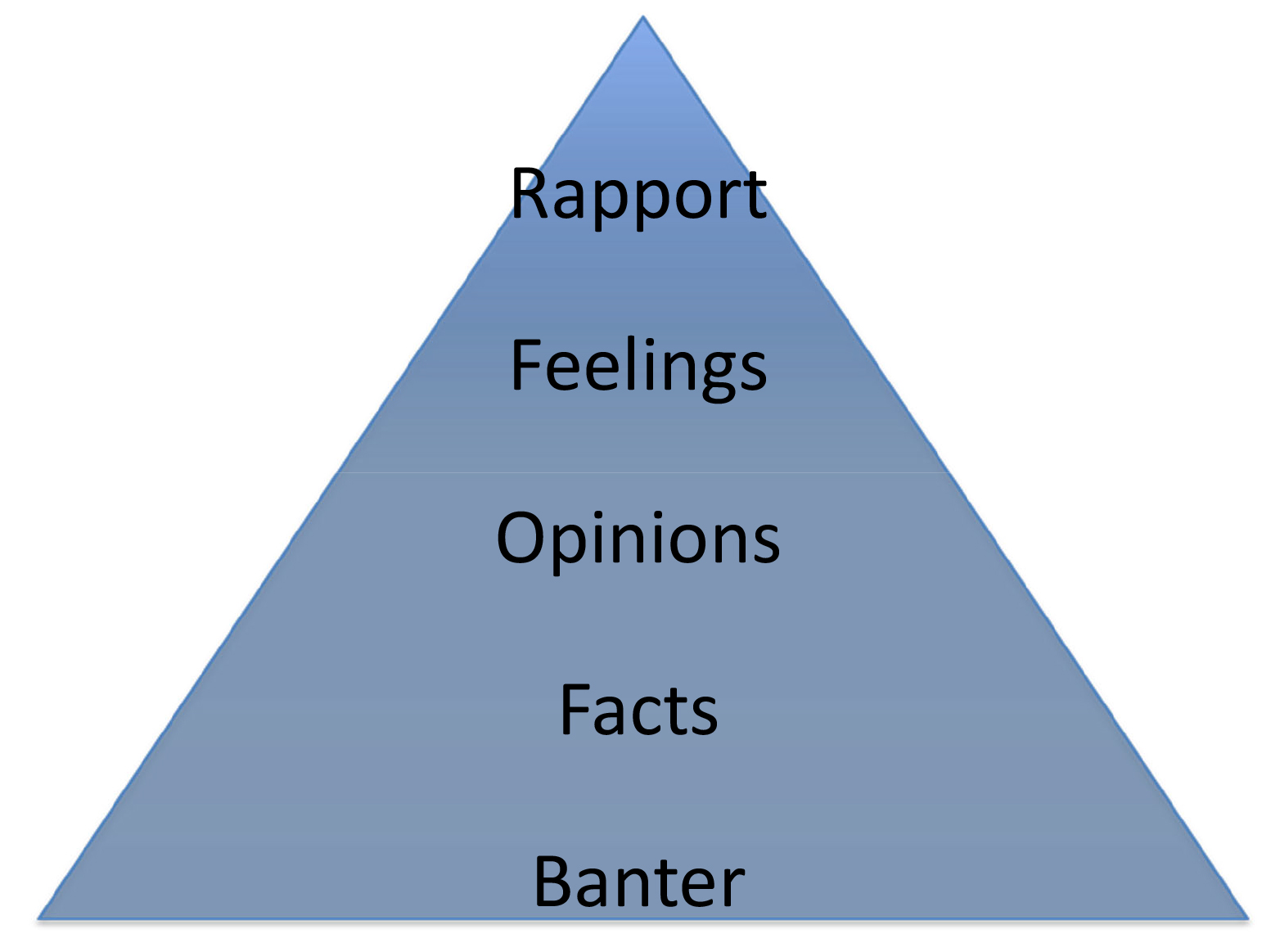The invitation was to ‘pop in for a chat,’ but it was actually a potential job offer arriving out of the blue. The offer is not immediately tempting: a sideways move, new project, uncertain outcomes, and something you have not done before.
You agree to have a think about it. Who do you speak to next?
This is just one of possibly thousands of situations where having a mentor can help you navigate the type of decision for which no amount of Googling will provide an answer. Especially when your mentor asks some helpfully probing questions which enable you to evaluate not just a job offer, but your own feelings, goals, and career path.
This particular example came mid-way through my own banking career with Barclays, and on that occasion, I went to a great friend and mentor Gary Ames, to help me navigate the way ahead. In those days I did not call Gary a mentor, but that was the role he fulfilled – and not just to me.
While anyone can do it, being a mentor usually works best if that mentor is not your own line manager or report. This enables the mentor to be more objective in their feedback, advice, and questions.
Oh – the job? Yes, I went for it, a full-time sales training position which I loved, and which set the direction for the rest of my career – and my current role as an independent trainer and coach. Gary was great – but it was still my decision.
Fast forward to 2010 and I get to find out what else mentoring is about by joining Mowgli, a mentoring charity, in the Jordanian desert with a group of entrepreneurs. I, alongside a group of volunteers, was trained in mentoring skills and then went through a pairing process with one of the new business people. It was a journey of discovery for us all: I was paired with Ramzi, who was a delight to work with and still runs his software company – with around a dozen employees – in Amman. We are still in touch too.
These two stories show just two of the different approaches to mentoring and how it works. With Gary it was totally informal: with Mowgli much more structured, including a ‘contract.’ In this area there are no rules unless you make your own.
Mentoring, I find, provokes different meaning for different people. There is no single definition of what it involves, how it is done, and is frequently confused and combined with coaching.
To start with a dictionary definition, a mentor is:
- an experienced person in a company or educational institution who trains and counsels new employees or students:
- Mentoring is to advise or train (someone, especially a younger colleague): It’s origins (according to the Oxford English Dictionary) are from mid-18th century, via French and Latin from Greek Mentor, the name of the adviser of the young Telemachus in Homer’s Odyssey
I like the definition from Mowgli:
- “A relationship that inspires, guides and empowers another in achieving their business and personal potential” – Mowgli Foundation
There are more lengthy definitions from professional bodies:
- “…mentoring in the workplace has tended to describe a relationship in which a more experienced colleague uses his or her greater knowledge and understanding of the work or workplace to support the development of a more junior or inexperienced member of staff. “
“One key distinction is that mentoring relationships tend to be longer term than coaching arrangements.”
“Mentoring relationships work best when they move beyond the directive approach of a senior colleague ‘telling it how it is,’ to one where both learn from each other. An effective mentoring relationship is a learning opportunity for both parties.” – Chartered Institute of Personnel & Development - “Mentoring is a learning relationship, involving the sharing of skills, knowledge, and expertise between a mentor and mentee through developmental conversations, experience sharing, and role modelling. The relationship may cover a wide variety of contexts and is an inclusive two-way partnership for mutual learning that values differences.” European Mentoring & Coaching Council
The key element for me is relationship: this is where the trust comes from and also what helps shapes the outcomes. It is also what takes mentoring beyond coaching, and way beyond feedback – although both skills are a key part of mentoring. The relationship is what allows mentoring to be effective, and when training in this area I use the relationship triangle as a tool to illustrate this:
We can exchange banter and facts with many people: opinions usually need a bit more confidence and trust. Yet mentoring really works best at the feelings and rapport level.
The importance of relationship also provides a small paradox. While anyone can do it, being a mentor usually works best if that mentor is not your own line manager or report. This enables the mentor to be more objective in their feedback, advice, and questions.
This relationship can be wholly informal – as my own experience with Gary Ames earlier. Yet mentoring can also work well in a more formal setting and as a programme within an organisation. In more formal situations I tend to use a mentoring contract – usually an email outlining what the mentee is hoping to achieve, what the mentor and mentee are committing to in terms of time, and maybe other boundaries. One scheme I worked on involved training mentors to help mentees achieve their professional qualifications – a clearly defined outcome and in that case with timetable attached. Other outcomes may be less sharpy focused, maybe on achieving a certain level in an organisation, or development in a particular area.
Where to start? That will depend on the outcomes and the degree of formality & structure in the relationship or programme. To help frame the outcome the classic question “what do you want to be able to do as a result of mentoring?” helps mentees – and mentors – consider the results/outcomes rather than focus on the process.
I use another tool to help shape the outcomes: KASH. Even if the outcome is well defined ( success professional qualifications, for example), asking what the mentee needs to develop in terms of Knowledge, Attitude, Skills and Habits will help them consider the way they should develop and improve. This tool also enables mentors and mentees to think about the route to someone being better: in my experience it is rarely only one of those 4 elements, and more frequently a combination, although the focus of any one conversation maybe on just one aspect.
Financial services organisations provide great opportunities for development using mentoring. They frequently (but not universally) have defined career paths, a good supply of experienced professionals and situations where judgment calls and opinion, not just more data, are key to finding the path of progress. Formal programmes can enhance an organisation’s development offering beyond training & coaching, and crucially enable mentees to control and take responsibility for their own development.
As a mentor within the scheme run by the Chartered Institute of Personnel & Development (CIPD) I currently have a relatively informal mentoring relationship but one which as a mentor I find challenging and rewarding, and one which causes me to hold the mirror to myself and my views – not just ask my mentee to reflect upon themselves.
Enabling professionals to develop will always go beyond passing the required exams and ticking boxes on an annual appraisal. Mentoring can bring an extra angle and allow both mentors and mentees to develop in the process.
As you consider the challenges that lie ahead for you and your organisation, you may be thinking of the benefits of mentoring for you and your organisation, and how you can make mentoring happen.
Let me leave you with another question: what will happen if you don’t?





